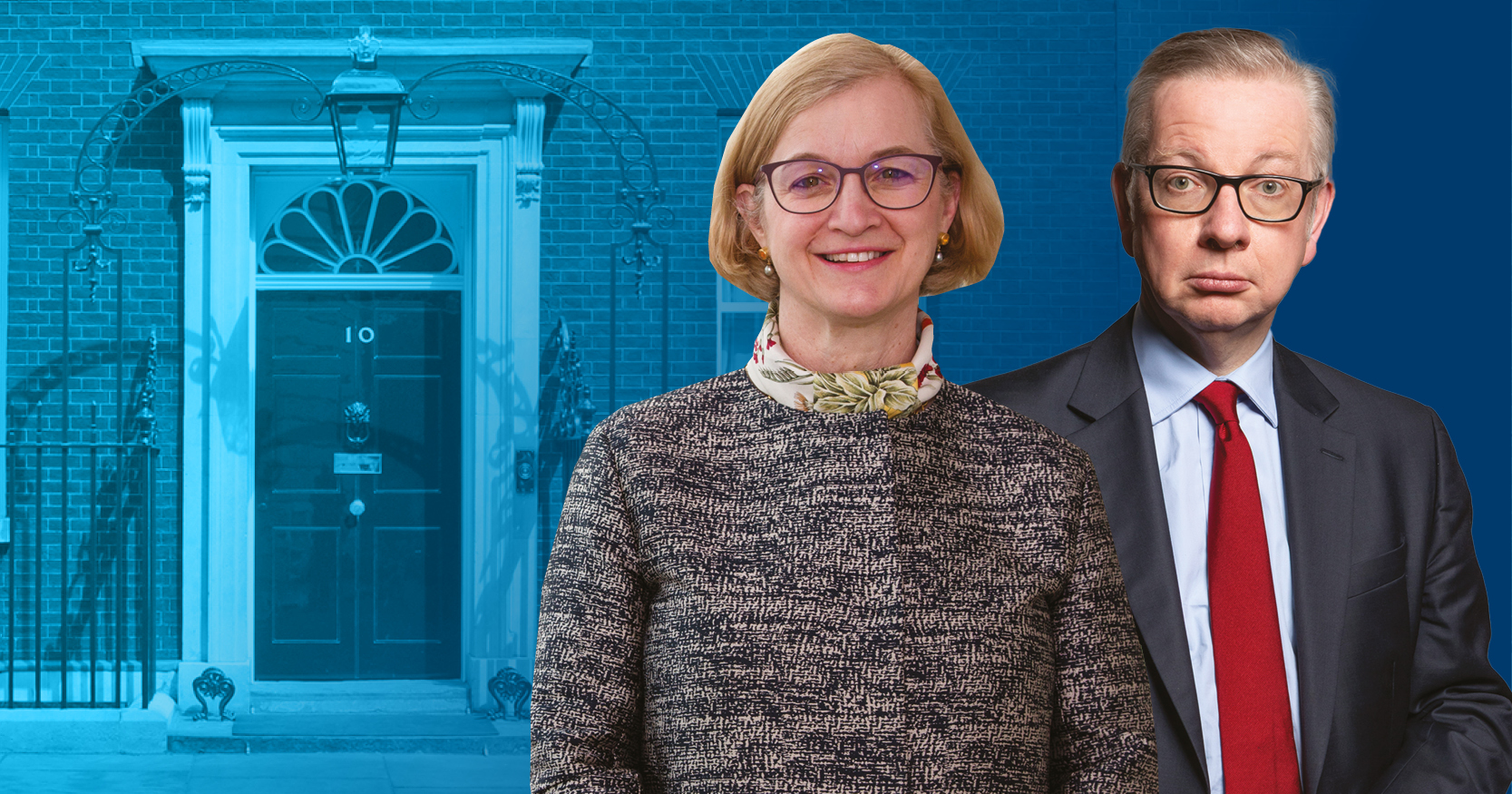Oli de Botton has been appointed as prime minister Sir Keir Starmer’s “expert adviser on education and skills”.
Downing Street has confirmed he will “advise ministers and drive forward the government’s vision for education and skills”.
So who is de Botton, and what might we expect from him?
Here are seven key things to know about the former headteacher and chief executive of the Careers and Enterprise Company…
1. He founded a ‘progressive’ free school alongside ex-Starmer aide
De Botton set up “progressive” free school School 21 in 2012 alongside Peter Hyman, a former speechwriter for Tony Blair who actually held a similar adviser role to Starmer while he was in opposition.
The school was rated ‘outstanding’ at its first full inspection in 2014, but was downgraded to ‘requires improvement’ in 2023, something already seized on by critics to attack Labour.
The school’s progress 8 score is classed as ‘average’ by government.
De Botton was co-founder and curriculum lead at School 21, and went on to become headteacher in 2015, the year after it got Ofsted’s top grade.
In an interview with Schools Week last year, he said he regretted not planning more for the school’s future during its first phase.
“We invested everything in our first cohort,” he said. “Did we think about what year seven would look like? Probably not. But it comes up on you fast.”
2. He’s an OG Teach Firster
After graduating from King’s College, Cambridge, where he studied classics, De Botton was part of the inaugural cohort of trainees that came through Teach First in 2003.
The teaching charity was then focused on recruiting top graduates, to teach in deprived areas.
De Botton taught at Albany School in Enfield, which then became Oasis Academy Hadley. He began teaching English and went on to become head of sixth form, but felt “pretty burnt out” and left.
He then spent 18 months as a consultant at PwC, before joining the Education Development Trust (then CfBT).
Speaking to Schools Week last year, de Botton said he found teaching English 25 hours a week “sapping and all-consuming”.
3. He’s big on careers education …
de Botton leads the Careers & Enterpeise Company (CEC) – the national body for careers education in England, which supports schools and colleges “to deliver modern, 21st century careers education”.
The quango recruited him to lead it in 2021, but he will leave the role when he starts at Downing Street on April 22.
He said while progress has been made, “there remains lots more to do”, and vowed: “I will continue my work in public service anchored in education and skills and will always champion the importance of helping every young person find their best next step.”
However Labour has said it is looking to cut 300 quangos.
4. … and also oracy – one of Labour’s key education policies
de Botton has spent much of his career championing oracy – the ability to communicate effectively through speech – which is now a key Labour education pledge.
With Hyman, de Botton co-founded oracy education charity Voice 21, “which seeks to put speaking at the heart of the curriculum”.
Oracy was a key focus of School 21’s curriculum, which de Botton led on. The founders of the school agreed “speaking was an underdone thing” in both the “medium, and the message that every young person has a voice to advocate for themselves”, de Botton told Schools Week. Assemblies included pupils sat in a circle talking.
Speaking last July on a podcast with Geoff Barton, chair of the Commission on the Future of Oracy Education in England, de Botton said: “Fundamentally, the art and skill of speaking is the thing that helps young people find their highest point of contribution in the world.”
Speaking of how this related to his work with young people at the CEC, he said: “The thing that’s holding a lot of young people back, particularly those who are disadvantaged, is they don’t feel confident to talk about their skills and experiences at interview”.
5. He has advocated for a ‘broader’ curriculum
Ahead of last year’s general election, de Botton was commissioned by Labour think tank Labour Together to author a report with a focus on what the future curriculum could look like.
It put forward a string of reforms that he said “would tilt the curriculum towards…a vision for education that is broad and bold” and allow children to learn “a broader range of knowledge and skills in different contexts”.
These included a proposal to “broaden experiences for young people by making space for enriching activities like performance, ‘maths circles’ and independent research”.
The paper proposed systematically teaching children writing and numeracy “early on” in their school careers and for English and maths to be taught “for longer”.
It also called for a greater emphasis on the relevance of reading, writing and maths; for greater focus on arts subjects and PE, and “more opportunities to practise and perform”.
6. He’s worked for Labour before (and has a ‘leftish streak’) …
de Botton was seconded as an adviser to David Miliband during his failed Labour leadership campaign in 2010. He told Schools Week last year he “thought really highly” of Miliband, despite admitting he was “challenging to work for because he was very smart”.
Also in 2010, de Botton was elected as a Labour councillor for Hackney and the coalition government introduced free schools.
He grew up in Finchley, north London, attending a school where his mother taught and was later headteacher. He said his mum was a “social justice warrior” who instilled in him a “leftish streak”.
7. … and political advising runs in the family
de Botton’s wife, Amber de Botton, was director of communications at 10 Downing Street under the Conservative government in 2022 and 2023, when Rishi Sunak was prime minister.
It has led some commentators to speculate whether this is the first example of a married couple being appointed political advisers to governments of a different party.











